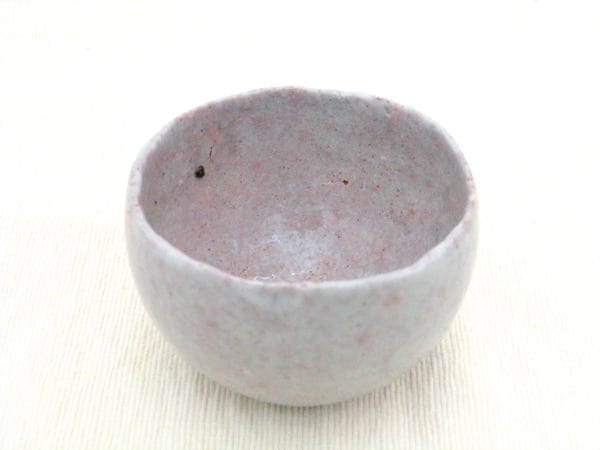
Enough.
The first day of school can’t come soon enough.
There isn’t enough time to get everything done before I leave for a long weekend.
I didn’t get enough sleep last night.
I don’t have enough clarity about CB’s cancer diagnosis.
These are the thoughts that run through my head and body like cars on the expressway, zipping and zooming past each other, weaving in and out, their red lights illuminating the night as I watch them retreat. These are the thoughts that create a tightness in my jaw and shrink the spaces between my vertebrae as I wilt beneath their weight.
These are the thoughts of scarcity.
These are complete bullshit.
As I sit here with the dog’s warm chin straddling my feet, I sit up a little taller. There is more than enough. It took me a long time (40 years or so) to recognize the fallacy of ‘not enough,’ and my own tendency to see things through that lens, but I’m working on it. Truthfully, when it comes to the things that really matter, there is plenty.
There is so much love that surrounds me if I just choose to stop and see it.
There is as much time as there ever has been and if I am deliberate and thoughtful about how I spend it, I have more than enough to accomplish the things I truly care about.
There is creativity and cleverness in my children, my husband, the laborers working on my house to help us realize the vision of a relaxed gathering place for friends and family.
There are so many avenues open to me at any given moment and when I shift my gaze from scarcity to possibility, I am overwhelmed.
My spine lengthens. My lungs fill up a bit more. I can bask in the warmth of enough. Scarcity is a trap, a construction of my own mind. It is borne of comparison, a thing I already know is toxic, and the most insidious part of it is the assumption that chasing more and living in dissatisfaction will eventually get me to enough, or to the enemy of happiness – perfect.
The truth is, I am already there, so long as I choose a place of acknowledgment and gratitude. When I opt to look at how full my life is, brimming with love and connection and opportunities to learn and grow, I feel an embarrassment of riches.



